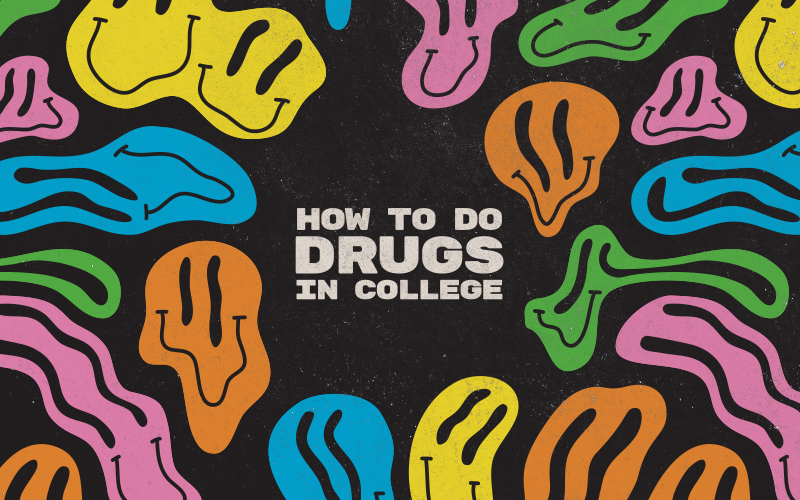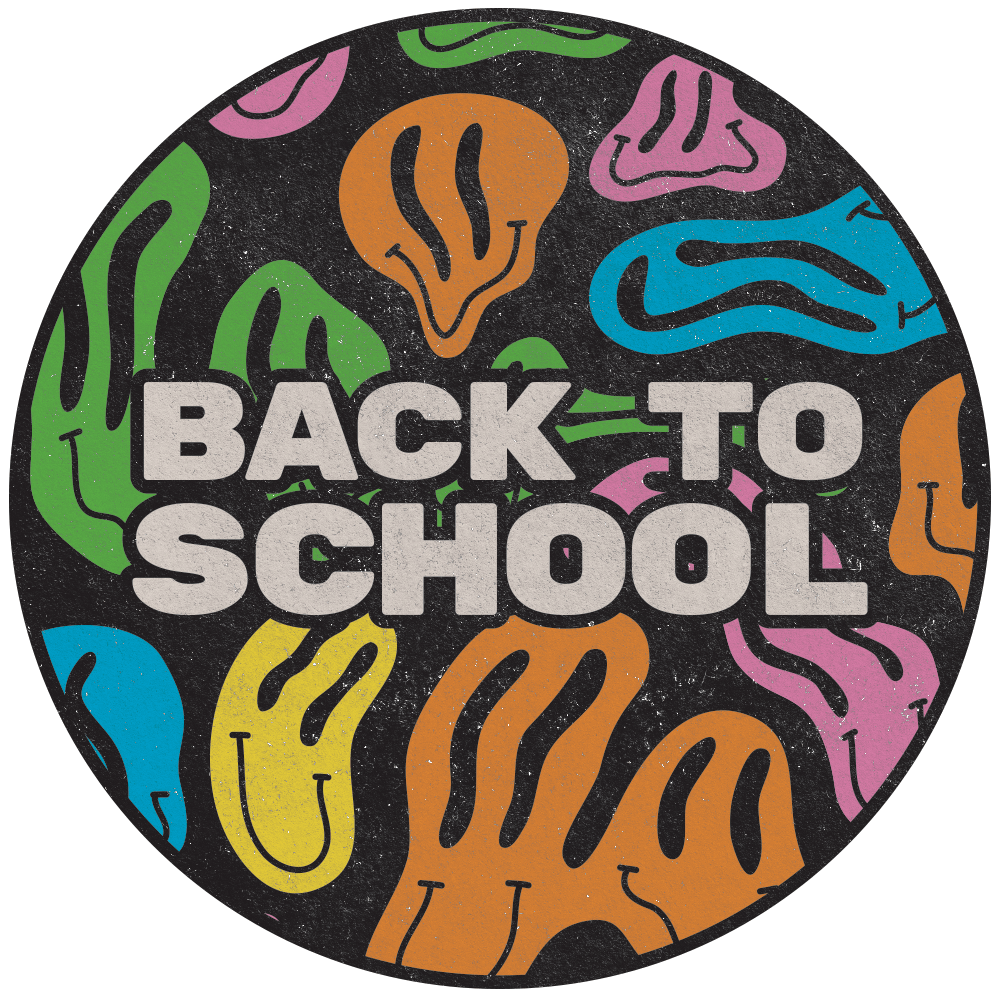Sometimes Drugs Are the Right Thing to Do
Prohibition, TX
By Maggie Q. Thompson, Fri., Aug. 18, 2023
Texas has a big problem with how you medicate your own body. This week's news package is a direct response to that problem: a guide to using outlawed and heavily restricted substances.
To those who feel such a guide encourages illegal activity, I say, sure. Sometimes the law is wrong. Allow me to explain.
My mother is a medical anthropologist. Much of her life's work deals with how culture shapes a person's idea of "medicine." I remember her asking undergraduate classes questions like, how do you figure that some things you swallow are "food" and others are "medicine," even though both affect how your body feels and functions? Is coffee a drug? Is vodka medicine? Why is one thing an "addiction" and another a "treatment," when the involved substances are so similar as morphine and heroin? Why are shrooms a Schedule 1 drug while antidepressants are prescribed to 1 in 10 Americans?
If you look to Texas law and prevailing cultural beliefs for help with these questions, you will not get good answers, because Texas standards regarding self-medication don't have a sensical through line. Here, the psychoactive compound THC is outlawed. Meanwhile, the psychoactive compound caffeine is provided free in most offices, nicotine is sold in 20 different flavors at the average gas station, and opioids are prescribed for back pain. Also in Texas, a 16-year-old with a vulva can get breast implants and a bone-sawing nose job with parental permission, but not gender affirming testosterone. And of course, it's a felony to prescribe pills that cause a body to eject a few hundred cells in a fertilized egg, while pills that cause the ejection of 100 million sperm at a time are covered by state employees' health insurance.
That latter issue – the criminalization of abortion post-Roe – led to a resurgence in a phrase I think we should all be using: "prohibition state." Texas is absolutely a prohibition state. And we should be fighting to end that.
The prohibition of the 1920s and early Thirties ended in America because of a few major problems. For one, it depressed the economy. It also allowed violent underground markets to hoard capital. And, probably worst of all, it overburdened the legal system and led to the undermining of due process rights en masse. Defendants in prohibition cases sat in jail for more than a year awaiting their trials (sounds familiar!). The judicial system began relying on "plea bargains" to clear cases, making plea deals common practice for the first time in American history. We're still living this legacy. Today, post tough-on-crime policies, 98% of cases end in a plea deal instead of a trial.
So here we find ourselves in one of the most incarcerated states in the most incarcerated country in the world. And I can't think of a better way to cope with such a reality than to smoke some weed about it.
Got something to say on the subject? Send a letter to the editor.










